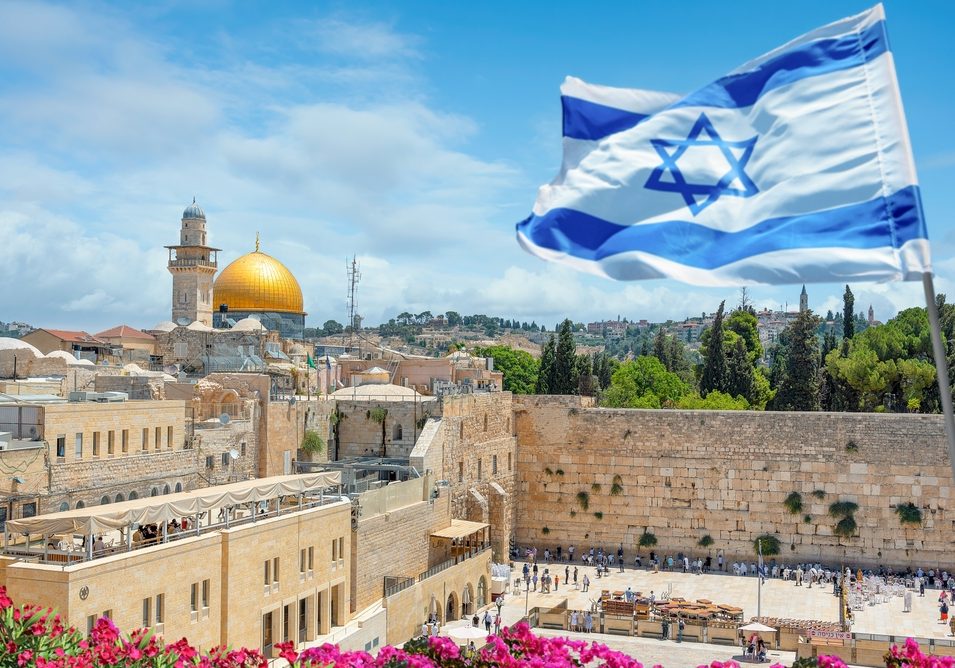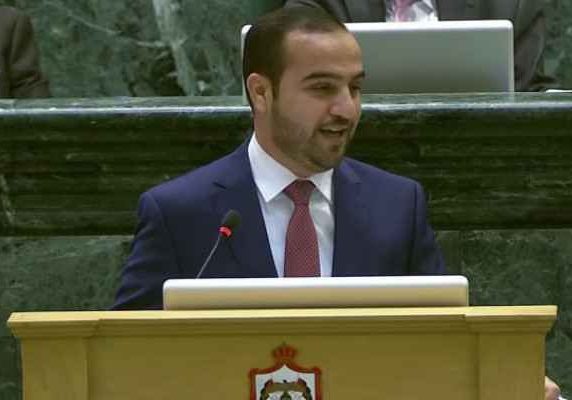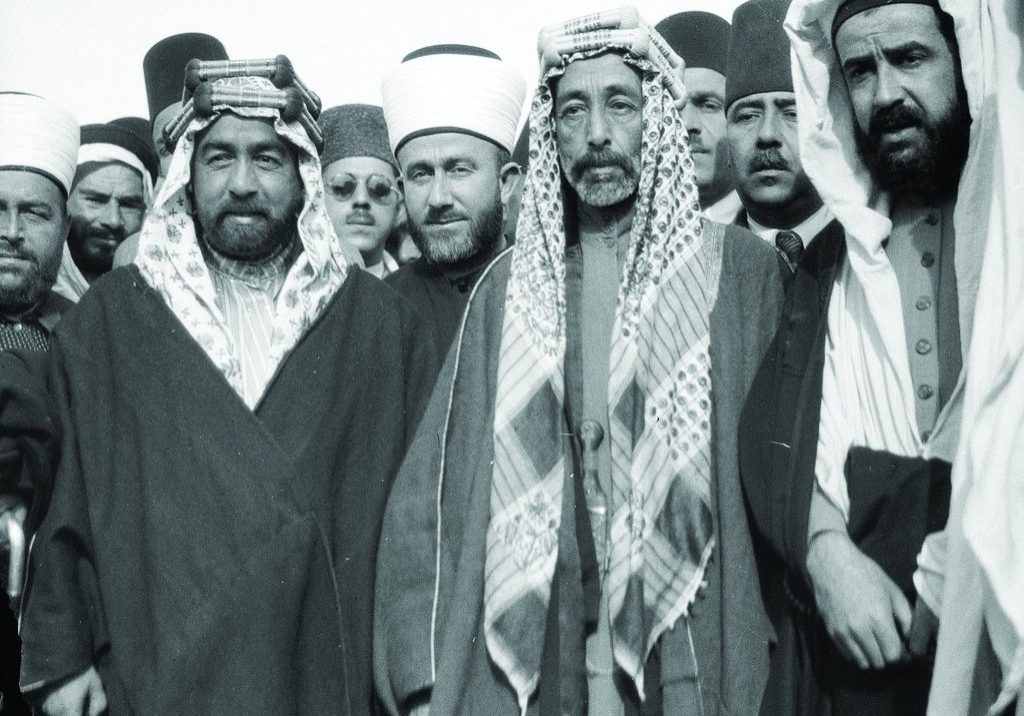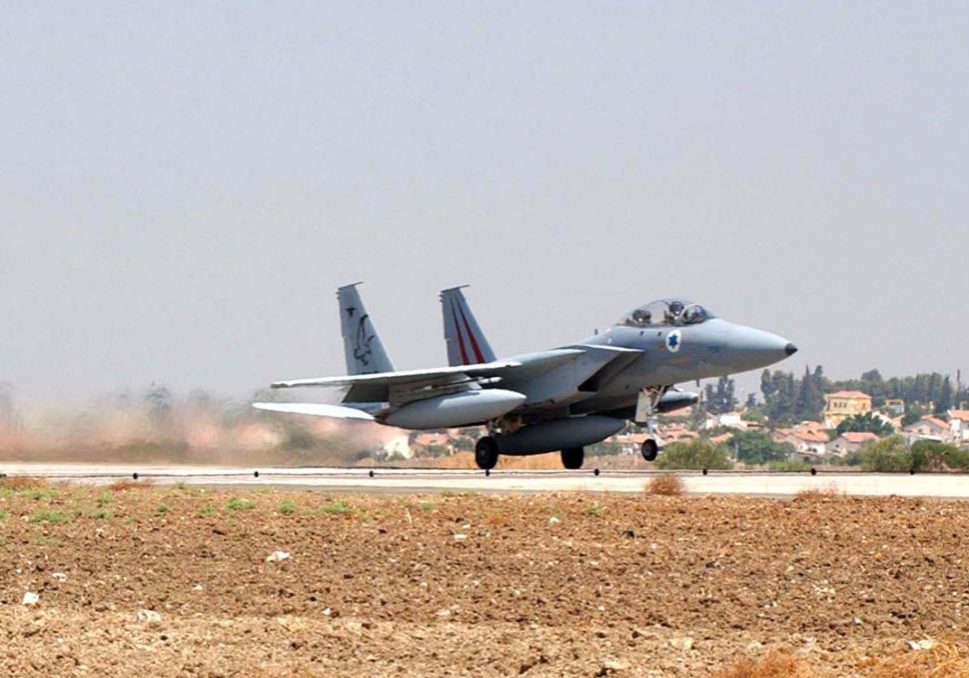Australia/Israel Review
King Abdullah Wins a Round
Feb 26, 2013 | Oded Eran
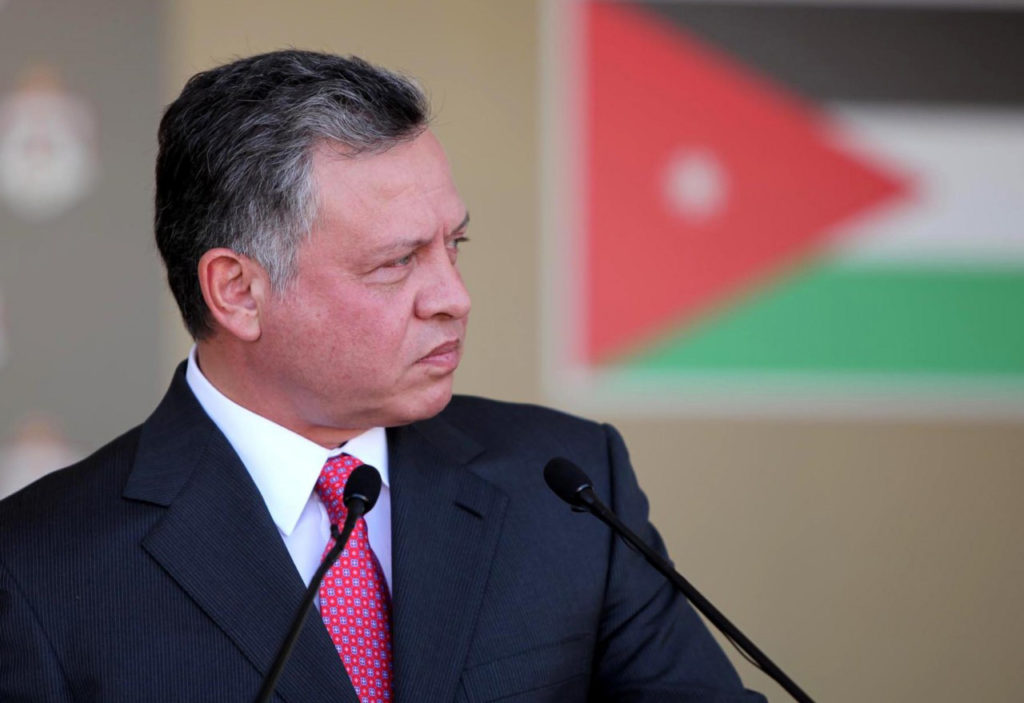
Oded Eran
The parliamentary elections in Jordan on Jan. 23, 2013 failed to produce a clear answer as to the impact of the Arab uprisings on the Kingdom’s real balance of power between the establishment, headed by the King, and the opposition, led by the Muslim Brotherhood. Both sides stayed deeply entrenched in their initial positions, with the King insisting on holding the election within the limited changes he agreed to, and the Brotherhood insisting on boycotting it given the government’s refusal to accept its demands regarding amendments to the election law.
During the public and parliamentary debate King Abdullah II agreed to some changes to the election law, but these were mostly cosmetic and certainly not enough to limit the monarch’s power in any significant way. Perhaps the most important change was the one allowing voters to vote for national lists. Of the 150 seats in parliament, eligible citizens could cast their votes for candidates in their constituencies, which clearly favoured tribal candidates, and an additional vote for a list competing for 27 seats on a national level. The remaining 15 seats were reserved for women. The ratio between the number of local seats and the number of national seats was a point of dispute with the opposition, especially the Muslim Brotherhood, which estimated that its strength is mostly on the national rather than the constituency level.
Because the Brotherhood boycotted the election, it is difficult to assess the validity of that estimate. However, three statistics suggest the movement has overrated its strength. On two occasions, the opposition tried to rally its supporters to participate in anti-election demonstrations. The first time, in November 2012, the organisers expected a turnout of 50,000, but ended with only 10,000. On the second occasion, a demonstration held days before the election, on January 18, 2013, in Jabel Hussein, Amman, was attended by only 2,000 demonstrators, a mere one-tenth of the 20,000 expected by the organisers. The third indicator and the most significant failure was the Muslim Brotherhood’s failure to keep voter turnout decidedly low, even though the Jordanian regime gave them the means to do so. According to the new election law, those who wanted to realise their right to vote had to register before election day. Of all eligible voters, 70%, i.e., 2.3 million citizens, registered despite the pressure of the opposition. This represents a high percentage of the population, which in the past showed lower rates of participation.
In the elections itself, only 1.23 million people both overcame the first hurdle of early registration and actually reached the polling booths. Yet it is doubtful that the Muslim Brotherhood could have used this 40% voter participation to challenge the election and its results as representative of the will of the Jordanian citizens. No fewer than 61 lists vied for the 27 seats reserved for nationally elected candidates, but only one-third made it into the new parliament. The other lists that failed to enter received about one-quarter of the total votes, and those votes were thus “wasted”.
Of the 27 seats reserved for nationally elected candidates, the Islamic Centre Party won three, and together with the 13 seats it won in the constituencies, it has become a significant player, enabling it to claim the role of the Parliamentary Speaker and participate in the recommendations to the King on whom to appoint as prime minister. When the King was asked in an interview whether he could live with a Muslim Brotherhood prime minister, he avoided responding directly, preferring to point out that in Egypt only 12% voted for the Brotherhood, adding that he views bringing this movement back into the process of reforms in Jordan as an important challenge. The King also suggested that 12% is likely an accurate reflection of the Muslim Brotherhood’s real strength in Jordan as well.
At this stage of the domestic power struggle between the King and the opposition, the King has the upper hand. A significant portion of Jordanian society, representing all its strata, participated in the election on the basis of the new election law supported by King Abdullah, while the opposition’s demands, which would have limited his authority, were rejected. The mild criticism voiced by some 400 foreign observers failed to support opposition challenges about the integrity of the election.
The struggle between the King and the opposition will continue, both in the parliament, where it will be played out by the representatives who do not come from the traditional, mainly tribal, strongholds, and outside of parliament, in the public arena. In all of his public remarks, King Abdullah II has referred to the reforms as an ongoing process and he will be under pressure to expand them.
The stability of the Jordanian regime depends not only on domestic politics. Part of the criticism, especially on the part of the traditional supporters of the palace, stems from economic hardships that most probably will not be resolved in the near future, especially given the fact that the Jordanian government has been told it must cut subsidies as a condition for receiving aid from various international institutions.
Jordan received promises of aid from the oil producers in the Gulf, but this assistance is slow in coming, as the contributing nations would rather see a slower pace of regime reform and decentralisation of authority. The large influx of Syrian refugees, currently assessed at more than 300,000, is placing a heavy financial burden on the Hashemite kingdom, and the assistance designed to help Jordan absorb them will not solve all the problems.
One may assume that the Muslim Brotherhood’s failure to stabilise its rule in Egypt and the horrors of the violence in Syria will limit the power of Jordan’s opposition, but the King’s future path is hardly rosy.
Dr. Oded Eran is a senior research associate at the Institute for National Security Studies (INSS) at Tel Aviv University. Prior to joining the INSS, he had a long career in Israel’s Ministry of Foreign Affairs and other government positions. © INSS, reprinted by permission, all rights reserved.
Tags: Jordan


